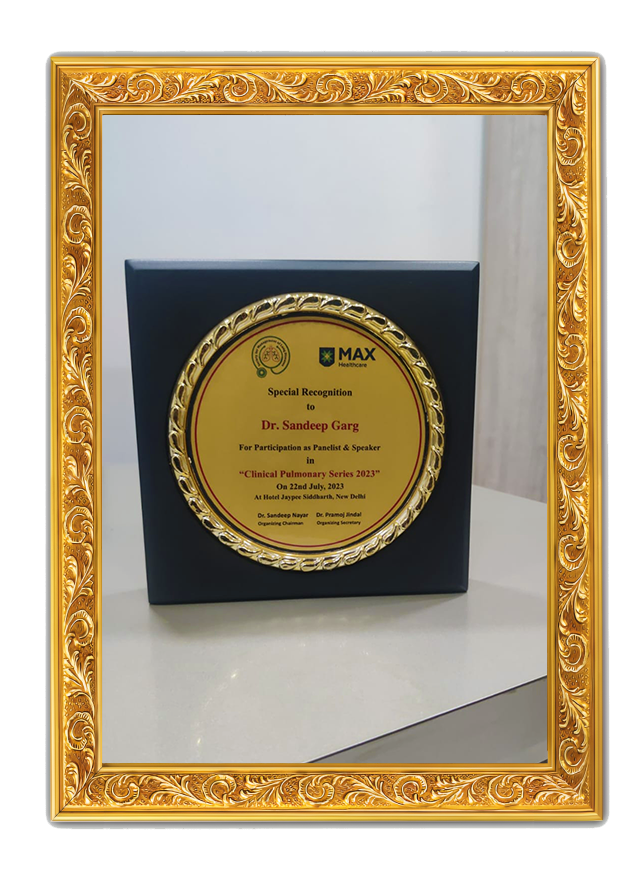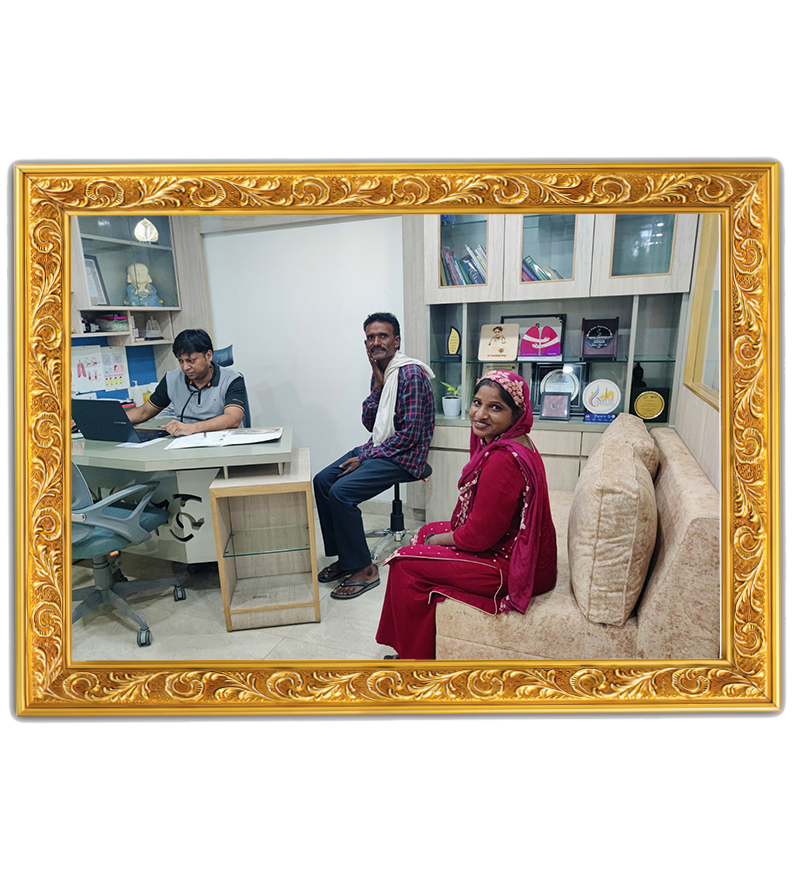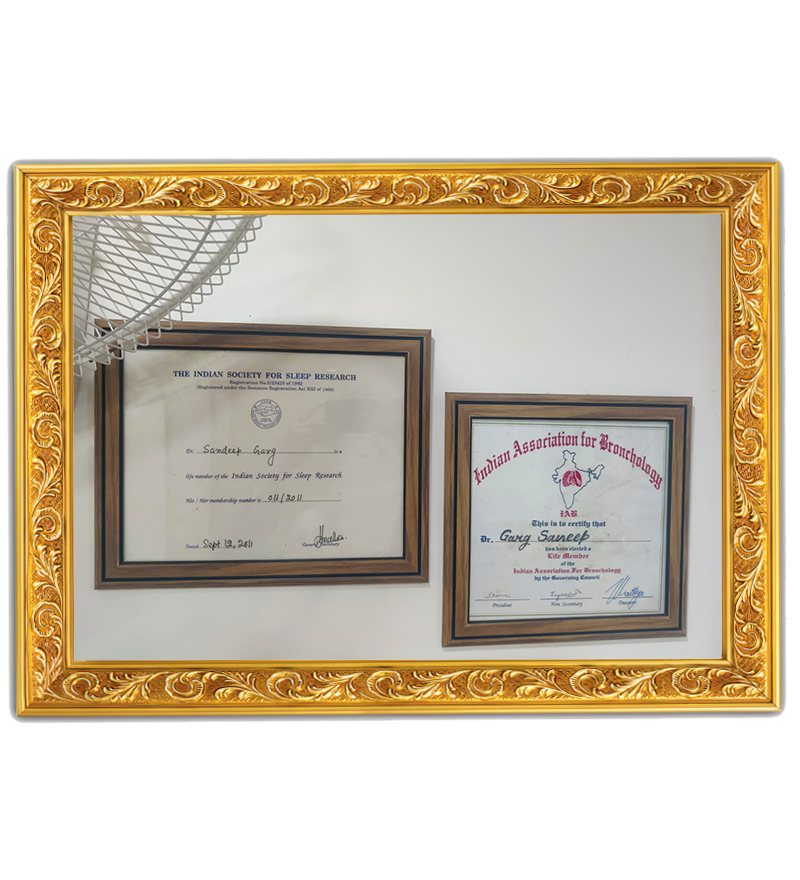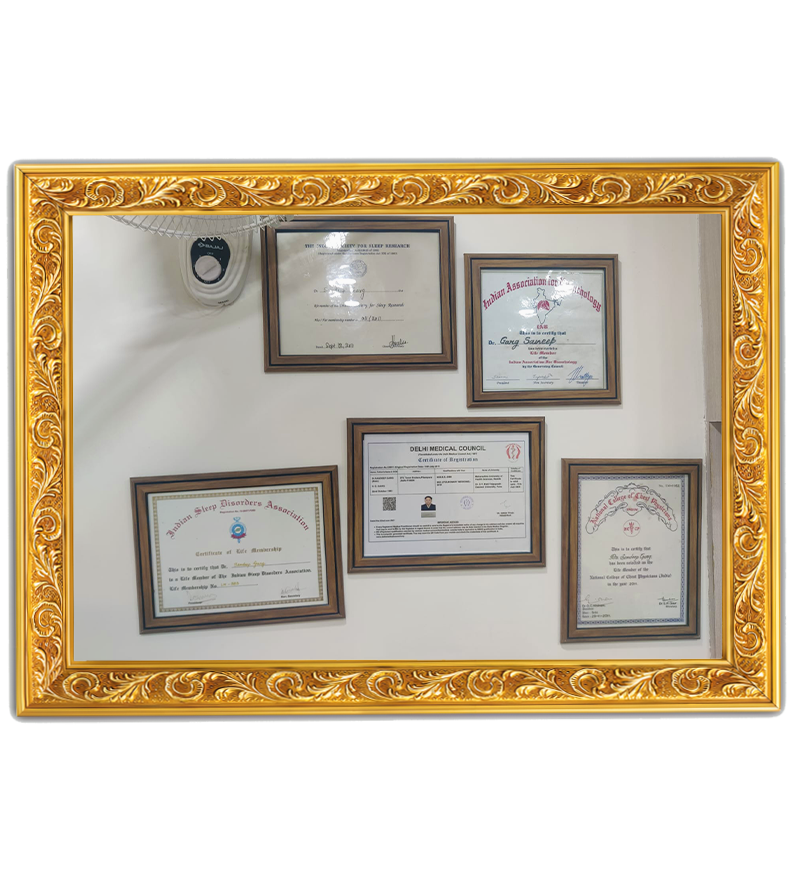




AVAILABLE AT
Fortis Hospital
Shalimar Bagh, New Delhi-11008
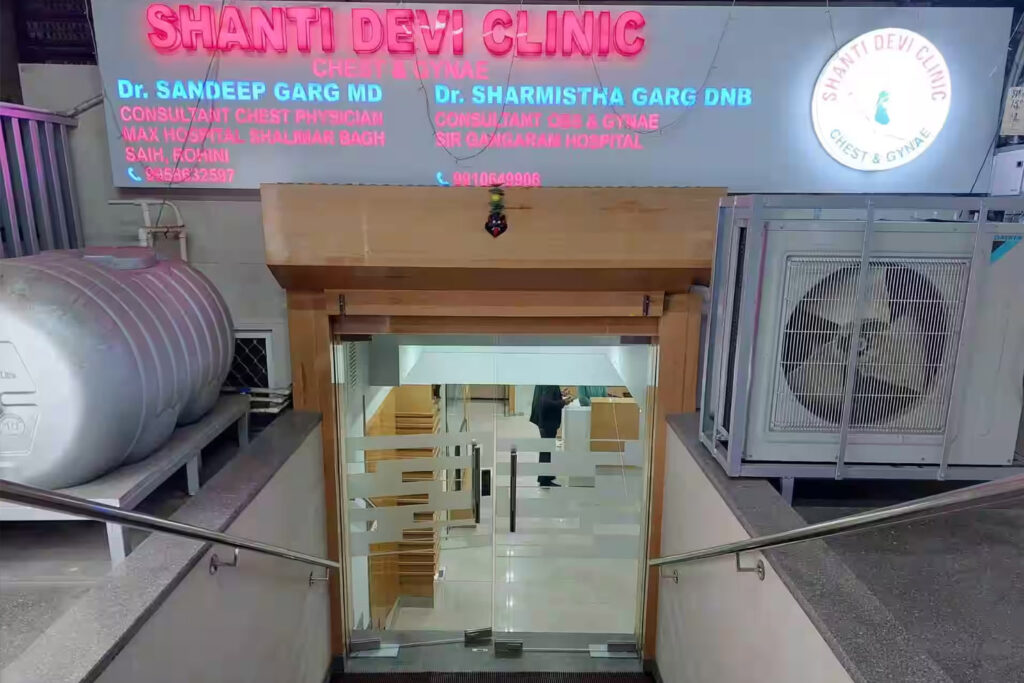
AVAILABLE AT
Shanti Devi Clinic
A-26, Pushpanjali Enclave, Beside, Maruti Showroom, Outer Ring Road Pillar No. 32 Pitampura, New Delhi
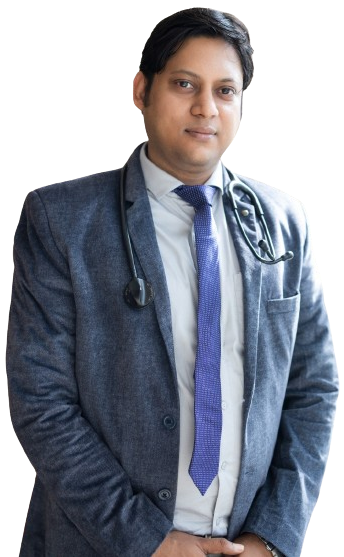
Dr. Sandeep Garg: Best Pulmonologist in Pitampura
MBBS MD (Pulmonary Medicine)
Principal Consultant & Unit Head
Department of (Pulmonary, Critical Care and Sleep Medicine) at Fortis Hospital Shalimar Bagh- New Delhi
Dr. Sandeep Garg is a highly esteemed physician in the field of pulmonary medicine, boasting a wealth of expertise and experience. With an MBBS degree and a specialization in MD-Pulmonary Medicine, Dr. Garg has dedicated over 12 years to the practice of respiratory care, establishing himself as a senior consultant chest physician and interventional pulmonologist.
Throughout his illustrious career, Dr. Garg has demonstrated a relentless commitment to providing exemplary patient care and advancing the field of pulmonary medicine. His comprehensive understanding of respiratory conditions, coupled with his proficiency in interventional pulmonology techniques, has enabled him to diagnose and treat a wide range of pulmonary disorders with precision and efficacy.
As a senior consultant, Dr. Garg serves as a trusted advisor and healthcare provider for patients seeking expert guidance and treatment for respiratory ailments. His compassionate demeanor and dedication to patient well-being have earned him the respect and admiration of both colleagues and patients alike.

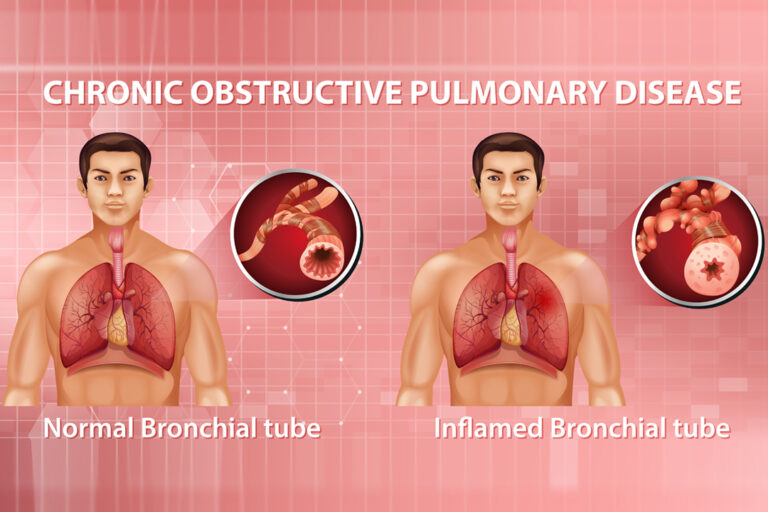
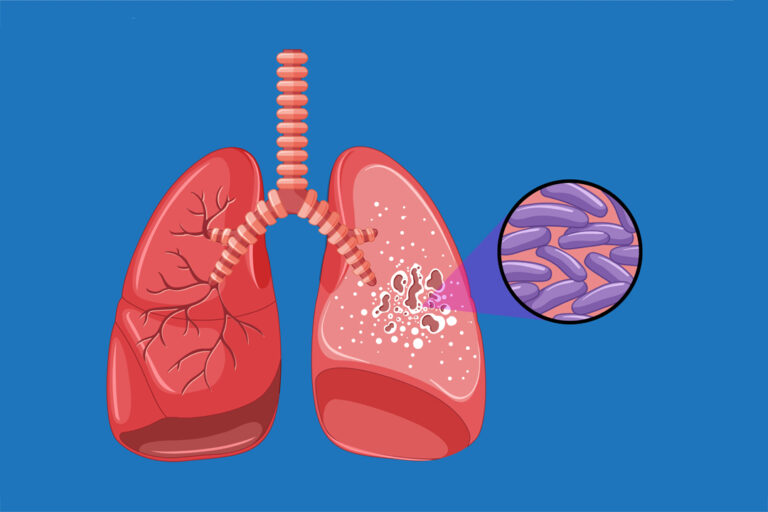
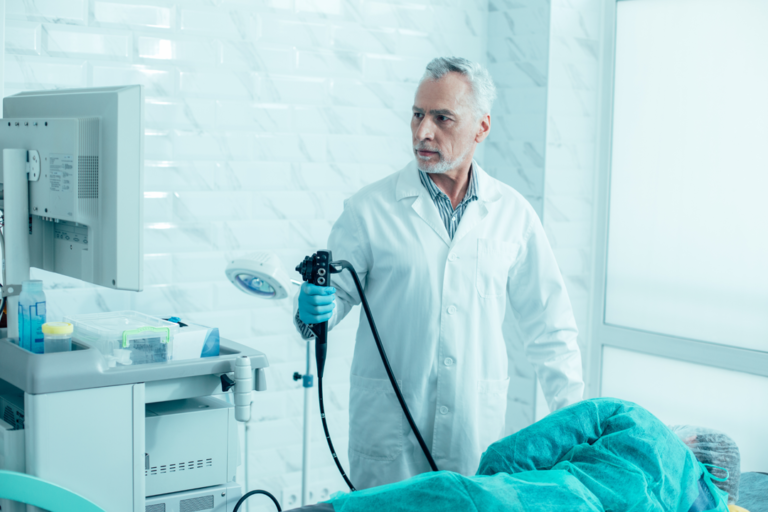
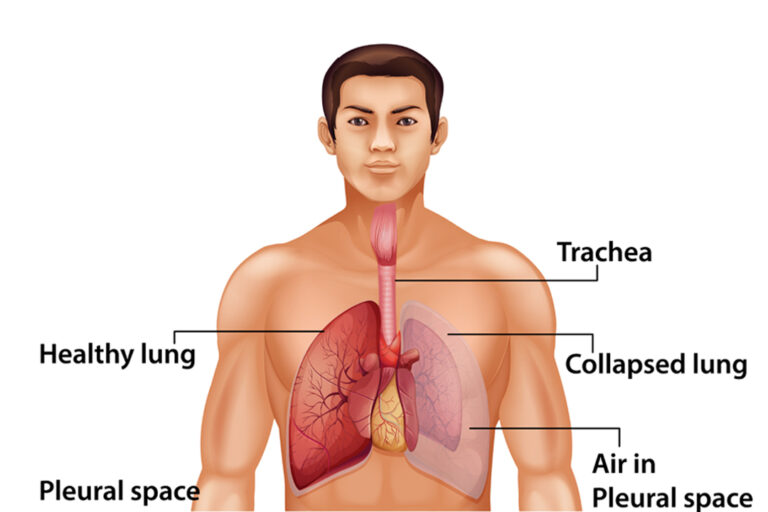




Top-Rated Pulmonologist
Dr. Sandeep Garg is widely recognized as one of the top pulmonologists in Delhi, due to his exceptional skills and extensive knowledge in pulmonary medicine. With an MBBS degree and an MD specialization in Pulmonary Medicine, he has built a reputation for delivering outstanding respiratory care. As a senior consultant chest physician and interventional pulmonologist, he is dedicated to diagnosing and treating a wide range of pulmonary disorders with precision, making him a trusted choice for patients seeking specialized care.

Over 12+ Years of Experience
With over 12 years of experience in the field of respiratory care, Dr. Sandeep Garg has dedicated his career to improving patient outcomes and advancing pulmonary medicine. His deep understanding of respiratory conditions and his expertise in interventional pulmonology techniques have allowed him to provide effective treatments for complex cases. Patients can trust his extensive experience and proven track record in managing various pulmonary disorders with care and expertise.

Compassionate Approach
Dr. Sandeep Garg is not only known for his medical expertise but also for his compassionate approach to patient care. He takes the time to listen to his patients, understand their concerns, and tailor treatment plans to their individual needs. His warm demeanor and genuine dedication to patient well-being have made him a highly respected and admired physician among his patients and peers. His empathetic nature ensures that every patient feels heard, supported, and cared for throughout their treatment journey.

Modern Care Environment
Dr. Sandeep Garg practices in a modern, state-of-the-art medical environment that supports advanced pulmonary care. He leverages the latest technology and innovative techniques in interventional pulmonology to provide the best possible outcomes for his patients. His commitment to staying updated with the latest advancements in the field ensures that patients receive high-quality, effective care in a comfortable and professional setting.
FAQ's
Pulmonary Function Tests (PFTs) are a series of tests used to measure how well your lungs are working. They assess various aspects of lung function, including the volume of air you can inhale and exhale, the speed of airflow, and the gas exchange efficiency. PFTs are crucial for diagnosing and monitoring respiratory conditions such as asthma, chronic obstructive pulmonary disease (COPD), and pulmonary fibrosis. They help your healthcare provider evaluate the extent of lung impairment and determine the most effective treatment plan.
PFTs are typically performed in a specialized lab and involve several different tests. The most common test is spirometry, where you breathe into a device called a spirometer that measures the amount and speed of air you exhale. Other tests may include lung volume measurements and gas diffusion tests. The procedures are generally non-invasive and involve simple breathing exercises. Your healthcare provider will give you specific instructions on how to prepare for the tests to ensure accurate results.
A pulmonologist specializes in diagnosing and treating diseases and conditions of the respiratory system. This includes chronic conditions like asthma, COPD, and interstitial lung diseases, as well as acute issues such as pneumonia and bronchitis. Pulmonologists also manage complex cases involving lung cancer, pulmonary hypertension, and sleep disorders related to breathing. Their expertise extends to both medical management and interventional procedures, ensuring comprehensive care for various pulmonary conditions.
You should consider seeing a pulmonologist if you experience persistent or severe respiratory symptoms, such as chronic cough, shortness of breath, wheezing, or frequent respiratory infections. If you have been diagnosed with a respiratory condition that is not improving with standard treatment, a pulmonologist can offer specialized care and advanced treatment options. Additionally, if you require pulmonary function testing or have been referred by another healthcare provider for a detailed assessment, consulting a pulmonologist would be beneficial.
Pulmonary medicine focuses on diagnosing, treating, and managing diseases of the lungs and respiratory system. It involves using advanced diagnostic tools, such as PFTs and imaging studies, to evaluate lung function and structure. Treatment options in pulmonary medicine can include medications, lifestyle modifications, pulmonary rehabilitation, and various interventional procedures. The goal of pulmonary medicine is to improve respiratory function, manage symptoms, and enhance overall quality of life for patients with respiratory conditions.
Yes, there are a few preparation steps to ensure the accuracy of PFT results. You may be advised to avoid eating a large meal or consuming caffeine before the tests, as these can affect lung function. It is also important to avoid smoking and using inhalers or certain medications before the test, as instructed by your healthcare provider. Wearing loose, comfortable clothing and being well-rested can help you perform the tests more effectively. Your healthcare provider will provide specific instructions based on the type of PFT you are scheduled to undergo.
The frequency of Pulmonary Function Tests (PFTs) depends on your individual health condition and treatment plan. For patients with chronic respiratory conditions, PFTs may be performed regularly to monitor disease progression and response to treatment. For those undergoing treatment or managing symptoms, PFTs may be scheduled periodically to assess changes in lung function. Your healthcare provider will determine the appropriate schedule for repeat tests based on your specific needs and medical history.
Common symptoms of pulmonary diseases can vary depending on the specific condition but generally include persistent cough, shortness of breath, wheezing, chest tightness, and frequent respiratory infections. Other symptoms might include unexplained weight loss, fatigue, or coughing up blood. If you experience any of these symptoms, especially if they are severe, persistent, or worsening, it is important to seek medical attention. Early diagnosis and treatment are crucial for managing pulmonary diseases effectively and preventing complications.
Pulmonary diseases are diagnosed through a combination of patient history, physical examination, and diagnostic tests. Common tests include Pulmonary Function Tests (PFTs), chest X-rays, CT scans, and blood tests to evaluate lung function and identify abnormalities. Management of pulmonary diseases depends on the specific condition and may involve medications (such as bronchodilators, corticosteroids, or antibiotics), lifestyle modifications (such as smoking cessation and exercise), and, in some cases, specialized therapies or procedures. Regular follow-ups with a pulmonologist are essential to monitor progress, adjust treatments, and manage any complications.
Common respiratory ailments include asthma, COPD, bronchitis, pneumonia, and pulmonary fibrosis. Asthma and COPD are managed with medications such as inhalers and lifestyle changes like smoking cessation. Bronchitis may require rest, fluids, and sometimes medication. Pneumonia treatment depends on its cause and can include antibiotics or antivirals. Pulmonary fibrosis treatment focuses on managing symptoms and slowing progression with medications and oxygen therapy. Early diagnosis and tailored treatment are crucial for effective management.
Awards


